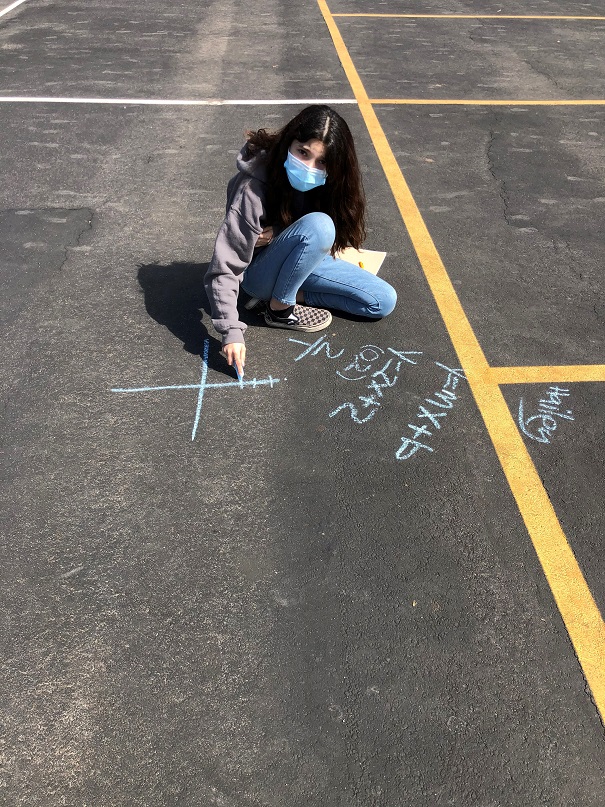
Learners Today, Leaders Tomorrow: Conquering Fears and Taking Risks
Learners Today, Leaders Tomorrow (LTLT) is ambitious. The organization not only aims to turn young people from various backgrounds into bright young leaders, but to add some international flavor and experience to the mix.
The brainchild of Emmanuel Lacoste, who came to the United States as a child, Learners Today, Leaders Tomorrow reflects the fears and challenges Lacoste himself has overcome in order to become the person he is today. Now he wants to give back—to share his acquired experience in learning and leadership with this upcoming generation—the challenges they face are much the same.
We spoke to Lacoste, founder of Learners Today, Leaders Tomorrow, to find out more about the important work of this Kars4Kids small grant recipient:
Kars4Kids: Can you tell us a bit about your demographic? Who are the kids you serve?
Emmanuel Lacoste: LTLT serves all demographics ages 4 to 19. While we know that low income families are in the most need, we believe that mixing kids from mixed socioeconomic backgrounds helps bridge the gap in education and self-worth.
LTLT teaches what we call youth leadership skills. For this, we use a variety of STEM, fine arts and outdoor education programs. Reading is at the hearth of all the programs, because reading is the single most important skill to apply to learning new material. If you can read, you can follow the complex directions provided in our STEM challenges and outdoor leadership skills courses.

Kars4Kids: You have lived and worked overseas all your life. How did that impact your decision to found Learners Today, Leaders Tomorrow?
Emmanuel Lacoste: I immigrated to the United States when I was 11 years old. My single mom raised three kids on mostly minimum wage jobs. I was part of the free breakfast and free lunch programs in school and quickly fell in love with reading in the American school system. (We have amazing libraries.) Books were an escape for me.
My first time back overseas was in the military, which was an eye-opener for me. Not the military structure or training, but how soldiers who came from different backgrounds, socially, culturally and economically, all worked side by side, vacationed together, and tried new things with their buddies.
Working in international schools showed me that people with money were able to offer their kids a better education, not just school, but cultural too. People with means were able to have their child attend schools with smaller classes, travel internationally, and participate in programs that give back to a community. Giving back to a community in need has more impact on learning than the average person realizes. It’s one thing to fundraise for a village to build a well, but a completely different experience to visit the village; meet the families that will benefit; and help dig the well. (That’s what international school students do.)

Kars4Kids: The Learners Today, Leaders Tomorrow website speaks of empowering youth with 21st-century skills. Of what do those skills consist and how do your programs impart these skills to your participants?
Emmanuel Lacoste: 21st Century LEADERSHIP Skills. Most people overlook the leadership part of our mission, which is the most important. Leadership skills tend to be soft skills that help people improve leadership qualities. Of course, before you can be a strong leader, you need to develop individual skills and personality traits. The best chart I have seen, can be seen HERE.
At the foundation of our program is a strong literacy component of reading and writing, along with math. These subjects are taught individually through STEM activities in our after school programs.
The bigger impact comes from our outdoor education program, which incorporates reading, writing, math, and STEM, but in an environment that challenges a kid’s comfort zone. Risk-taking is an important aspect of leadership. The biggest results in all STEM and business fields come from people who are willing to take risks and challenge the norm.
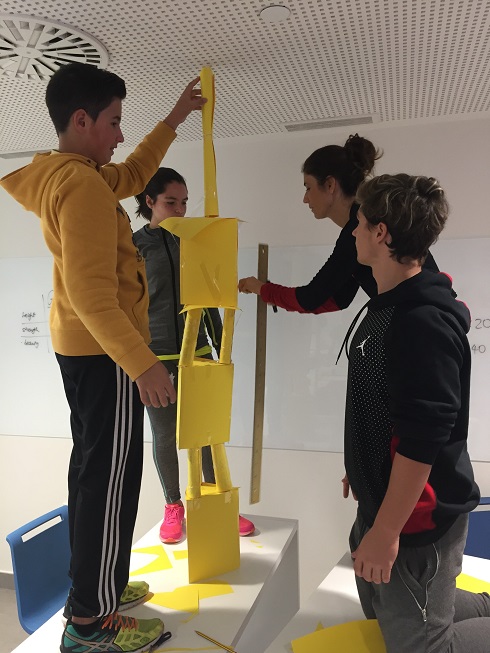
Kars4Kids: What are the benefits of experiential learning and how have you incorporated this type of learning in your programs? Is this type of learning better or merely different than more traditional approaches to learning?
Emmanuel Lacoste: Experiential learning at LTLT is built on the idea that we need to learn to overcome our fear and manage to objectively evaluate risk. Experiential education places our kids in an environment with which they are unfamiliar, often with a challenge that needs resolution. Along the way, they will need to face some personal fears; help each other overcome those perceptions of fear; and learn to communicate effectively, in order to reach their objectives.
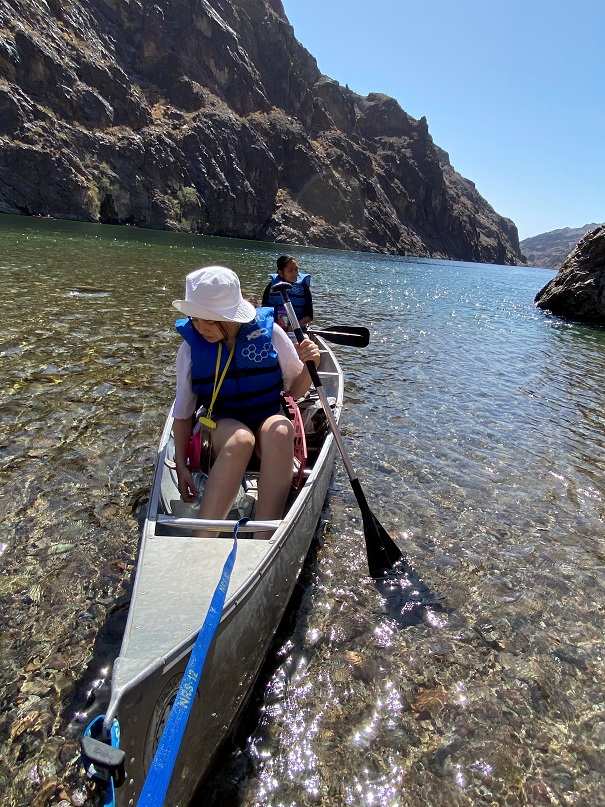
Kars4Kids: The programs offered by Learners Today, Leaders Tomorrow are held at partner facilities and schools. At how many locations are you currently operating?
Emmanuel Lacoste: LTLT is very fortunate to have partners that share their facilities with us. We currently have four partner locations in Southern California, one in Arizona, and are developing a new partner in Tennessee. We are currently meeting with some other possible partners in New Hampshire.
We’re very excited to also be talking with a couple of international locations for the purpose of sending our students overseas. Imagine the benefit our kids would have if they would take a project from design to funding and implementation in a different country.
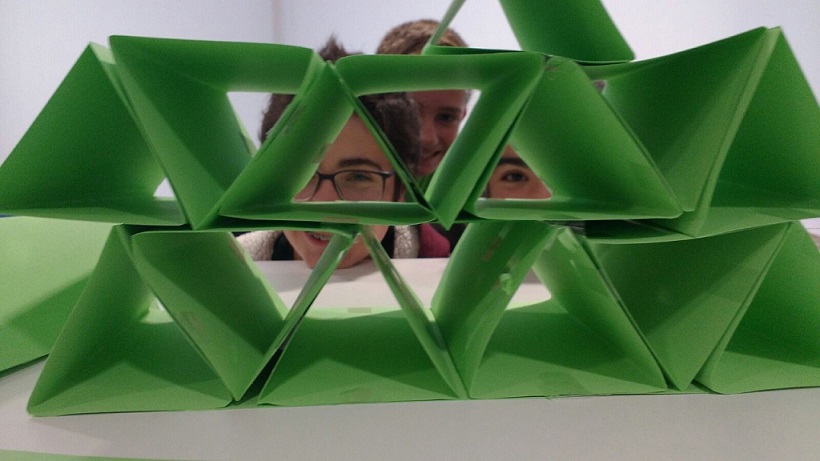
Kars4Kids: Can you talk about the ages of the kids you work with, 4-19 years old? Why this particular age group? And with your youngest participants only four years old, we can’t help but wonder: How are you imparting 21st-century skills and leadership—as per your mission—to preschoolers?
Emmanuel Lacoste: It does seem like a strange age range at first, but the younger we can start, the bigger the benefits. America is finally seeing a big move to pre-kinder programs, but those programs are following a very traditional education model. The idea of 4–8-year-olds spending all day at their desks is depressing. In those middle ranges, student need a different type of learning experience too, and many are already behind in reading, writing and math. Teens are most at-risk within the age range of our participants; they have developed habits; made friendships that influence their decisions; and have begun to believe that where they are now is where they will remain. (Each of these can be positive or negative factors depending on the child—another reason we our target audience is mixed.)
Preschoolers are the easiest group to work with. They are already open to risk-taking, learning new things, and being out of doors. With a positive environment and strong teachers, preschoolers learn quickly. Society has not yet had the chance to teach a preschooler that making mistakes is unacceptable. Experiential education in preschool is also very simple. A nature hike through a stream instead of on a trail, hiking to a summit, swimming in a mountain river. The hard part of working with preschoolers is having the parents along and having to teach them why an activity is safe and why their child should, on occasion, make a mistake.
Kars4Kids: We really like the name of your org. What is your vision of how learning leads to leadership?
Emmanuel Lacoste: I think this goes back to reading. Over the years, all the best leaders I have worked with were passionate learners. They seem to always have a book to return. They attended workshops and seminars on every possible subject, not just those areas within their own field. The importance of learning, especially learning how to learn, has never been more important. Information and technology are growing too fast to actually track. What we learn today is obsolete a year from now.
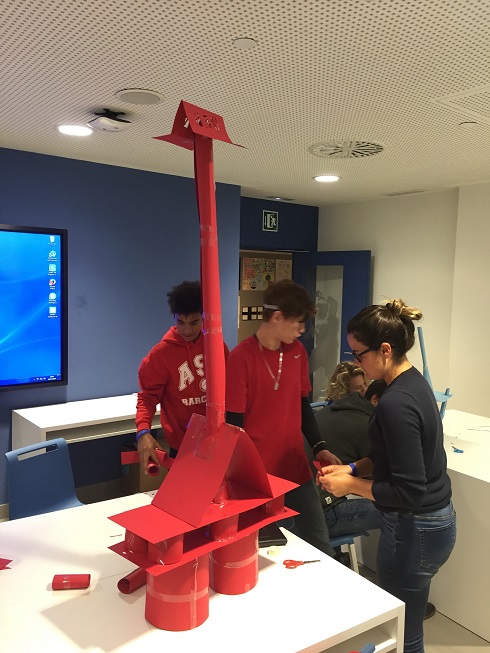
Kars4Kids: Learners Today, Leaders Tomorrow was founded in 2019, the year before COVID-19 spread to the world, resulting in kids being home during for lengthy periods of time. How did you manage to hold on and presumably continue to operate during this difficult time?
Emmanuel Lacoste: COVID was not easy, but it did help us reach some kids we wouldn’t have otherwise. Our experiential program did a lot of hikes to waterfalls and fewer trust falls. We still managed a couple of overnight canoe trips, too.
Reading crawled to a halt, but our instructors took math outside. Math people are the most resistant to moving away from paper and pencil, skill and drill. Now these wonderful math brains were forced to move outdoors and teach hands-on math. For skill and drill, we used parking lots and playground surfaces as our chalkboards.
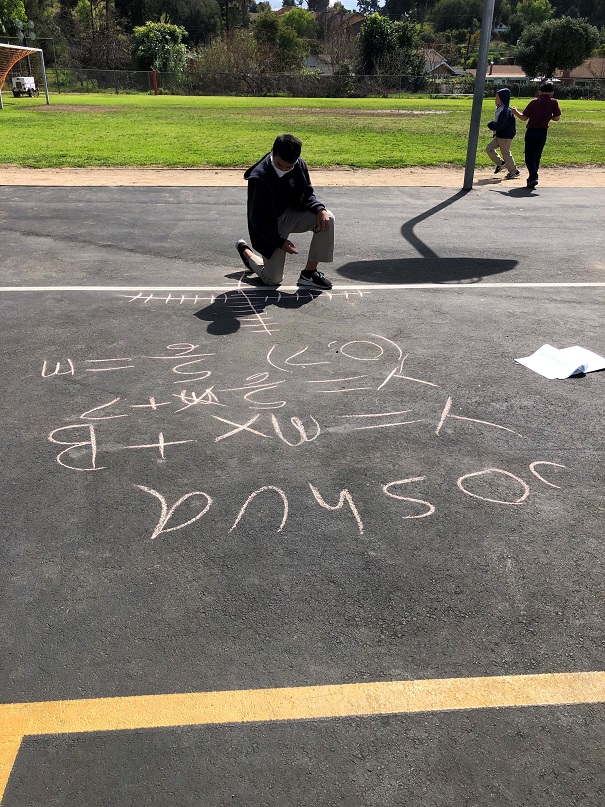
Kars4Kids: One of the things you focus on is learning foreign languages. Isn’t English an international language? Why do English-speakers then need to learn foreign languages?
Emmanuel Lacoste: I agree, English is the international language, but not everyone speaks it. I’ve spent 20 years living in Asia and the two most powerful tools I had at my disposal for meeting locals and learning about the local culture was my passion for rock climbing and my willingness to learn the local language. When people see you’re trying, they instantly light up and open doors.
Language gives us the tools to work with others, experience new cultures, and facilitates travel. Foreign languages also improve our understanding of the English language and American culture.
I do believe we need to change the way language is taught in school, both English and foreign languages, but that’s a different conversation.
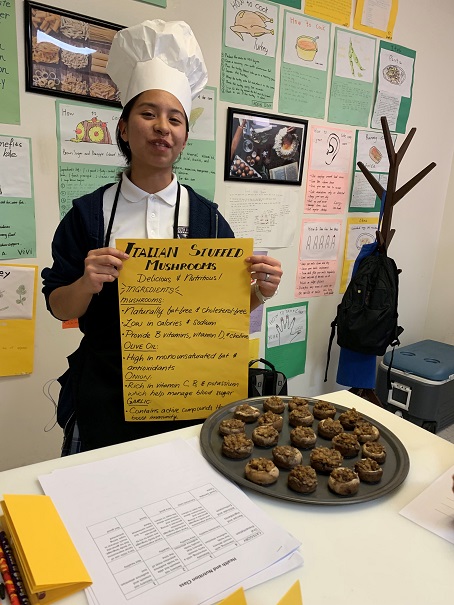
Kars4Kids: What’s next for Learners Today, Leaders Tomorrow?
Emmanuel Lacoste: To extend our sites and facilities through partnerships is the obvious next step. For this to happen, we need to find a way to finance a move from volunteers to paid instructors, guides, teachers, and others in key leadership positions. Relying purely on volunteers isn’t sustainable.
Another goal is to have more portable technology for our participants. Long-term, I would like to have our own campus capable of accommodating both short- and long-term programs, including accreditation by WASC. Ultimately, this campus would host a needs-based tuition boarding school, where we might use our program to help as many students as possible.